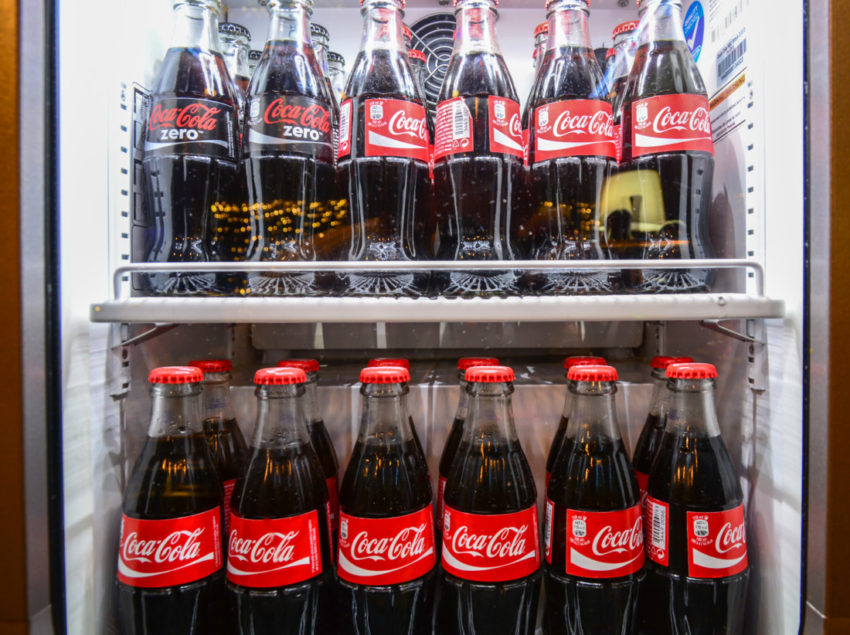
Share On Social!
The Praxis Project, an California advocacy group led by Latino advocate Xavier Morales, filed a legal complaint against Coca-Cola and the American Beverage Association for deceptive marketing practices that push sugary drinks to communities of color.
 The legal complaint indicates “the world’s largest soft-drink maker and the trade association run ads that tout the energy boost from drinking soda, and disregard scientific findings that sugary beverages can lead to obesity, diabetes and heart problems,” according to a CBS News report.
The legal complaint indicates “the world’s largest soft-drink maker and the trade association run ads that tout the energy boost from drinking soda, and disregard scientific findings that sugary beverages can lead to obesity, diabetes and heart problems,” according to a CBS News report.
The complaint was filed in federal court in California.
Both Coca-Cola and the American Beverage Association called the lawsuit as unfounded, and said they are working to lower the public’s sugar consumption, CBS News reports.
The Praxis Project, in collaboration with the Center for Science in the Public Interest, contends that sugary drinks are the No. 1 source of added sugar in the American diet, and are linked to increased risk of diabetes, heart and liver disease, obesity, and tooth decay. Current trends predict that half of Latino and African American children will develop Type 2 Diabetes in their lifetimes.
They say the beverage giant and its trade association mislead and confuse the public about the science linking consumption of sugary drinks to health issues.
“We are tired of trying to counter the deep pocket advertising that misleads our communities regarding the dangers of regularly consuming sugary drinks,” said Morales, who cited the disproportional impact on Latino and African American communities. “The price our community pays through decreased health, increased diabetes, and amputations is too high.”
Sugary drinks recently surged into the national spotlight with emerging research on the link between too much dietary sugar and health issues like diabetes and obesity, and the growth of sugary drink pricing initiatives by cities to cut consumption and increase revenue for health promotion programs.
Morales, for example, was among those who successfully advocated for the nation’s first sugary drinks tax in Berkeley, Calif.
Philadelphia and other jurisdictions passed sugary drinks taxes in 2016.
In San Antonio, health advocates recently slammed industry’s defense of sugary drinks.
“We cannot continue to over-consume sugar and remain a healthy, fit, and productive nation,” said San Antonio registered nurse Suzanne Lozano. “While there are no magic bullets to achieving ideal health, there are a number of smart and easy steps consumers can take to modify their behavior. Reducing or eliminating sugary drinks from diets would be a great first step.”
Explore More:
Maternal & Child HealthBy The Numbers
20.7
percent
of Latino kids have obesity (compared to 11.7% of white kids)



